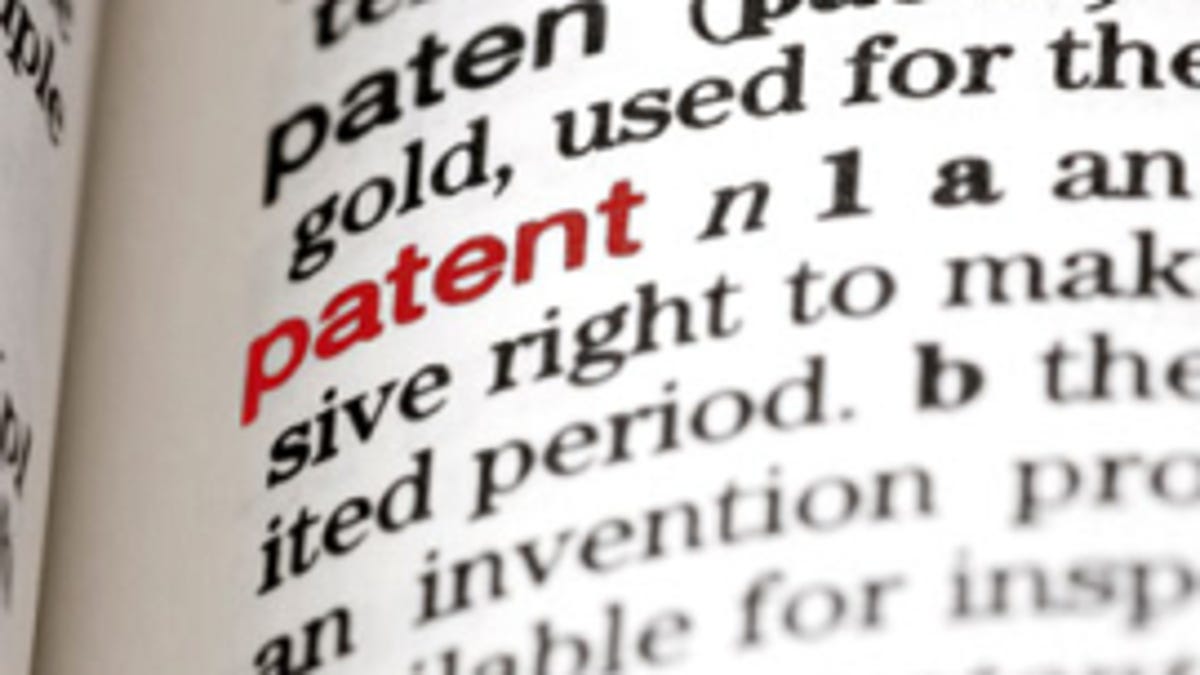Patent trolls curb innovation and cost the U.S. $29B in 2011
A new study shows that patent lawsuits are not only costing the country billions of dollars but are also placing the burden on small and medium-size companies, which slows invention.

Patent lawsuits seem to be getting more common -- continually there are daily headlines of this company suing that company over intellectual property rights.
A new study released today confirms that lawsuits are increasing and says the overall cost of these cases in the U.S. was $29 billion in 2011.
The study, which was put out by Boston University, specifically looks at "non-practicing entities" (NPE), or "patent trolls." How these trolls operate is by buying and licensing patents without making the products of their own. Many major tech companies, like Apple, Google, and Samsung, have been criticized for allegedly trolling.
Besides the $29 billion price tag, the study's authors, James Bessen and Michael Meurer, came to several other conclusions regarding the negative effects of patent trolling. These findings say that the cost burden falls on small and medium-sized companies and thus curbs innovation.
"Small firms are encouraged to divert investment from genuine invention toward simply obtaining broad and vague patents that might one day lead to a credible, if weak, lawsuit," Bessen and Meurer wrote.
Here are the study's main findings:
- NPE litigation is growing rapidly, affecting 5,842 defendants in 2011.
- The direct costs of NPE patent assertions are substantial, totaling about $29 billion accrued cost in 2011, including the costs of non-litigated assertions. This figure excludes various indirect costs to the defendants' businesses such as diversion of resources, delays in new products, and loss of market share.
- Much of this burden falls on small and medium-sized companies. The median company sued had $10.8 million in annual revenues. 82 percent of the defendants had less than $100 million in revenue and these accounted for 50 percent of the defenses. Small and medium-sized companies account for 37 percent of the accrued direct costs. Moreover, compared to revenues, the direct costs of NPE patent assertions are relatively larger for small companies.
- We find little evidence that NPEs promote invention overall. Publicly-traded NPEs cost small and medium-sized firms more money than these NPEs could possibly transfer to inventors. This reduces the net amount that firms of any size have available to invest in innovation.
- NPEs appear to be highly heterogeneous. Much of the litigation appears to consist of nuisance suits that settle for a few hundred thousand dollars. But some NPEs are "big game hunters" who seek and get settlements in the tens or hundreds of million dollars.
The study concludes that a top priority for policy makers should be reforming the patent system to make it perform more like an "idealized property system" and that the reform should address troll-like behavior rather than the NPE status of companies.
"The rapid growth and high cost of NPE litigation documented here should set off an alarm warning to policy makers that the patent system still needs significant reform to make it a truly effective system for promoting innovation," Bessen and Meurer wrote.

